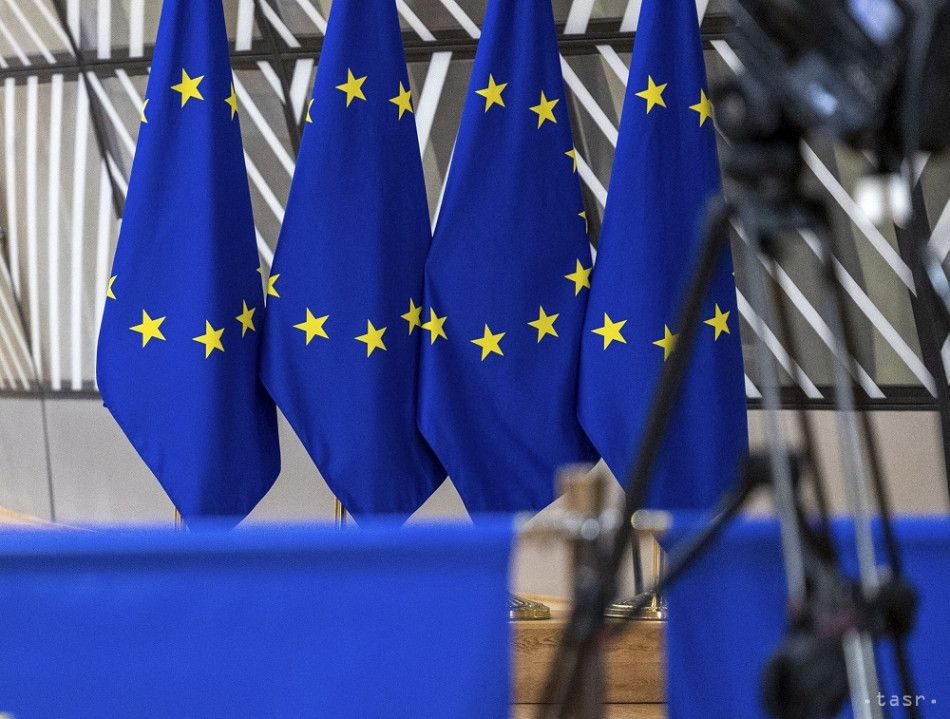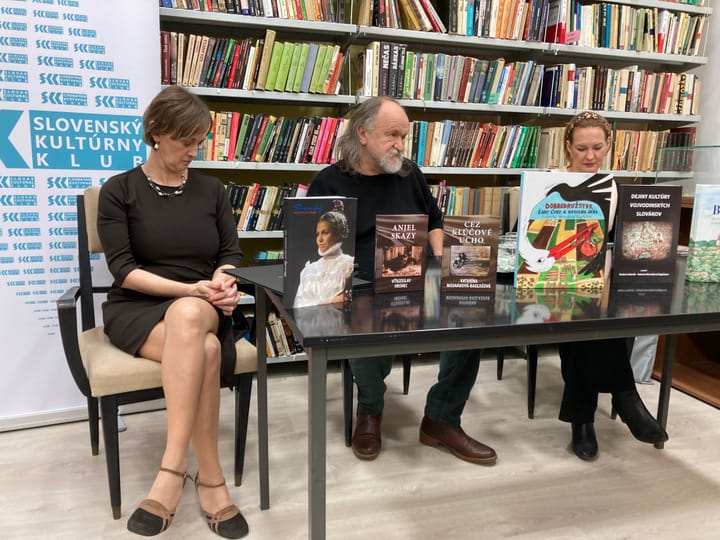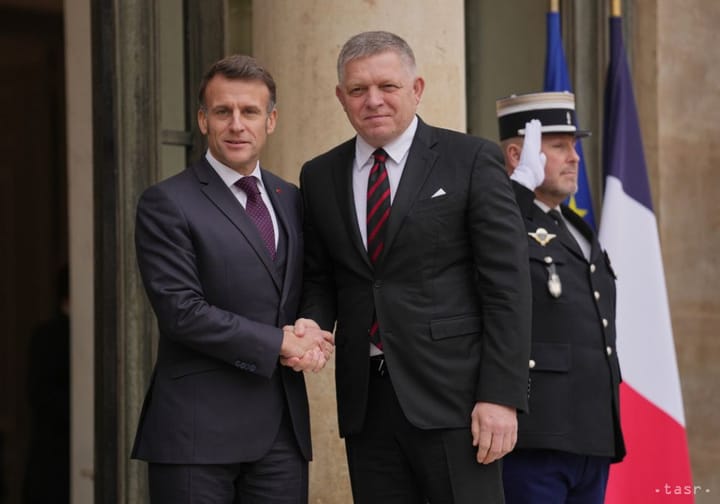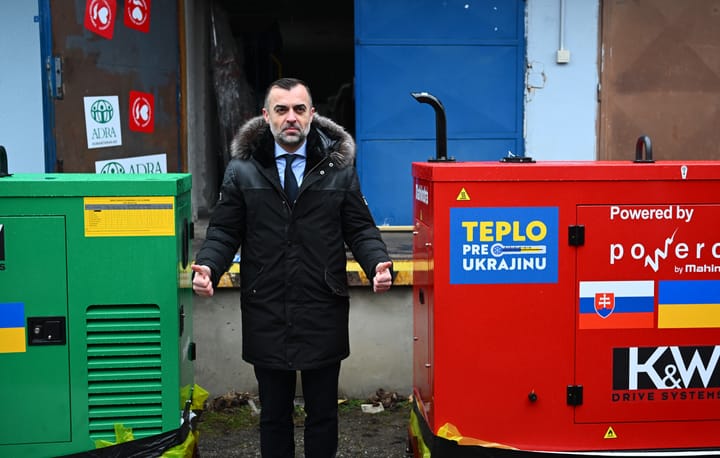Markkula: Young Europeans Want to Make Use of CoFoE to Highlight Youth Problems

Brussels, December 8 (TASR-correspondent) – Young Europeans want to use the Conference on the Future of Europe (CoFoE) not only to highlight traditional youth themes such as education, but also to point to issues in other areas that affect the lives of the young generation, European Youth Forum (EYF) president Silja Markkula has told Euractiv.
Before launching the first conference events, the CoFoE Executive Board made a commitment to ensure that 30 percent of the European citizen’s panels and the conference plenary would be young people. Markkula welcomed this at that time, expressing her hope that young Europeans would make use of this opportunity.
Markkula herself has an impact on this – as head of Europe’s largest youth rights organisation she became a member of the CoFoE plenary and was elected as chair of the working group on education, culture, youth and sport in October.
“The European Youth Forum is ready to bring the votes of youth into discussions on the future of Europe,” Markkula posted on Twitter after being elected as head of the group.
In the interview with Euractiv she stressed that the discussion on the future of Europe must include the voices of young people, as the future depends on their participation in democratic processes. According to her, young people have repeatedly shown that they want to get involved in issues that affect their lives.
This can also be seen during the coronavirus pandemic, which “has disproportionately affected young people”, and we can talk about a “lost generation”, said Markkula. According to her, politicians don’t view young people as part of the solution to the pandemic. They are still seen as the culprit, she added, noting that the young generation is the last one to be vaccinated.
“We want to take part in the discussion not just in traditional youth topics like education, but also in other areas in which we’re not traditionally seen as key players, even if the decisions touch our lives very much,” she explained.
“From our perspective, we should be looking at this from the angle of a transition period from education to employment and at the ways and means to ease this and reduce the number of unemployed in the EU,” she said, stressing that Europe’s unemployed statistics include a disproportionate number of young people from Southern Europe.
Eurostat’s October data show the average youth unemployment rate at 15.9 percent, but it fluctuates at around 30 percent and more in Greece, Spain and Italy.



